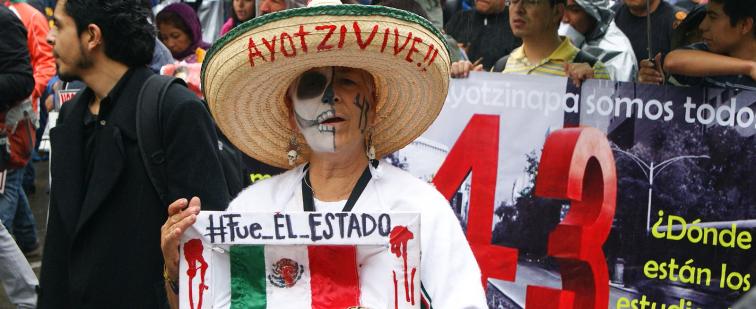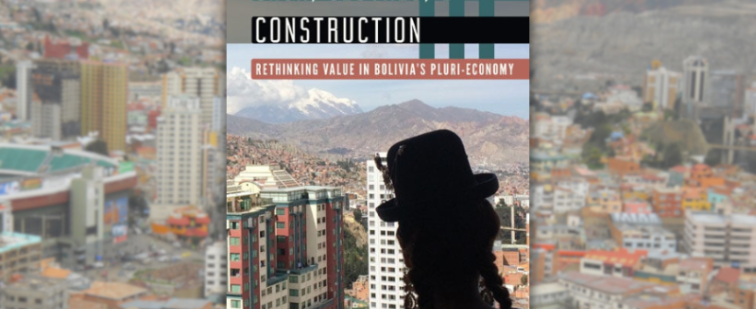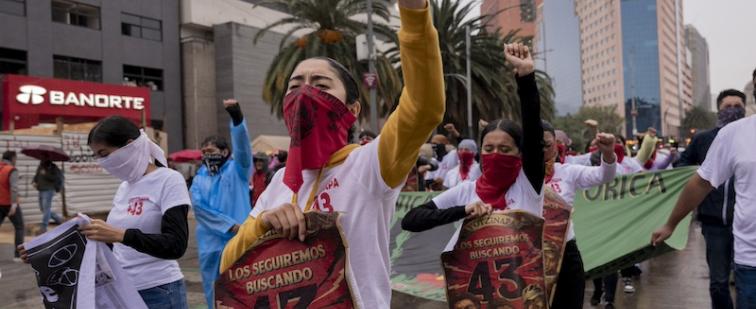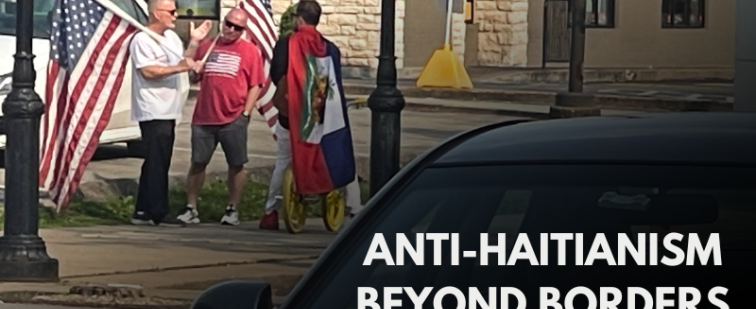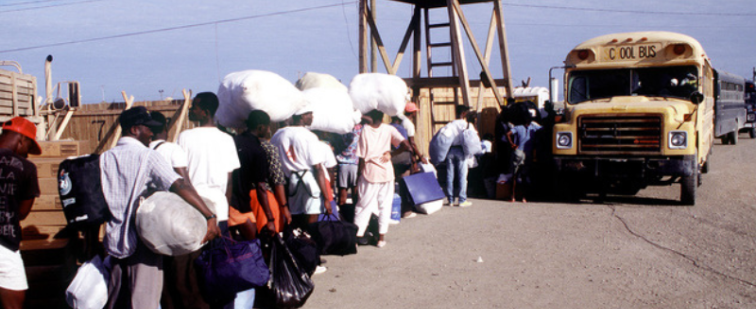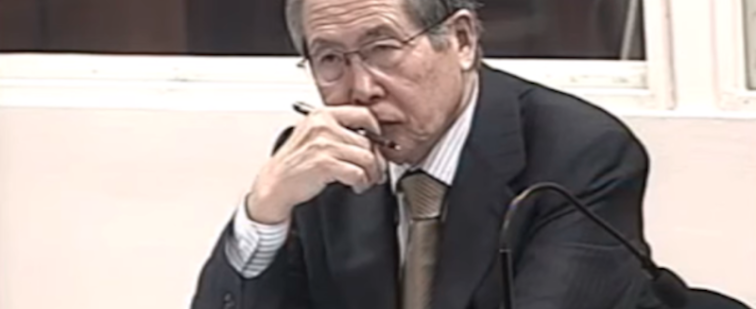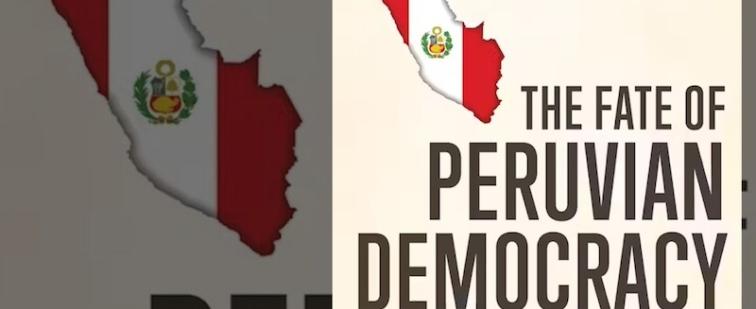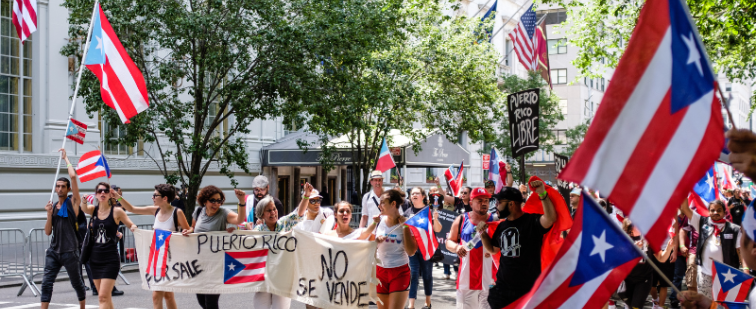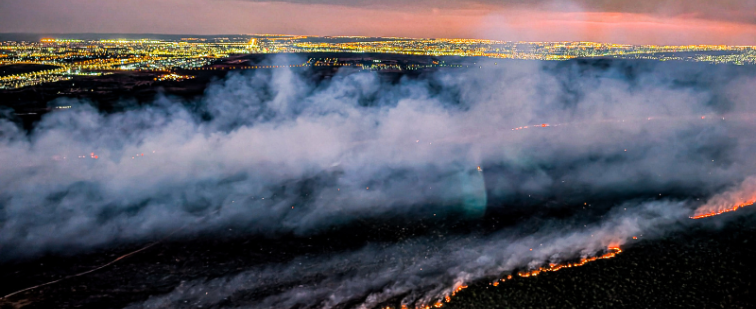Home
It was a moment that promised to define a new era in U.S.-Latin American relations: Obama greeted Hugo Chávez at the Summit of the Americas with a smile and a handshake, and Chávez responded with a gift and a heavily accented “I wanna be your friend.” But a nearly completed agreement to grant the U.S. military access to Colombian bases is rapidly undermining whatever diplomatic progress was made in that fleeting moment.
Since U.S. journalist Brad Will was shot in the streets of Oaxaca during the 2006 uprising, the Mexican government has been dragging its feet on prosecuting his killers. But now that billions of U.S. drug war dollars hang in the balance, the government has tried to pin the murder charges on Juan Manuel Martínez. Evidence strongly shows Martínez's innocence, suggesting the Mexican government is trying to whitewash its human rights record.
On Tuesday, July 28, the U. S. government announced that it had revoked the visas of four leading members of the government installed by the June 28 Honduran coup. More than a month after the Honduran military awoke President Manuel Zelaya at gunpoint and sent him packing to Costa Rica, it appears that Washington is finally beginning to put its foot down—lightly.
In March, the mainstream media parachuted into El Paso, Texas, to hype the supposed “spillover” of drug war violence from neighboring Ciudad Juárez. There was only one problem with this latest rationale for further militarizing the U.S.-Mexico border: The El Paso murder rate remains a small fraction of that in Juárez, according to the FBI.
Street art plays an increasingly vital role in revolutionary Venezuela: It is a mode of political expression, a form of popular education, and helps build a collective historical memory. Few places show this more brilliantly than the 23 de Enero district with its combative spirit inscribed on almost every corner. Its art-filled walls show 23 de Enero will continue to play a pivotal role in Venezuela's political life, as it has for decades.
A smoldering conflict between the Peruvian army and remnants of the Shining Path guerrilla group has escalated with the government's launch of an all-out coordinated offensive. The government claims it has the violent group in its last throes, but human rights groups worry that innocent campesinos are bearing the brunt of the military's questionable tactics.
U.S. policy toward Latin America during the first six months of the Obama administration has generally tended, with some exceptions, toward continuity with that of the Clinton and Bush administrations. Despite encouraging rhetoric, the Obama White House has ratcheted up militarization and has continued to promote neoliberal economic policies. The administration's first big test has come with the ongoing coup crisis in Honduras, and the response has been far too equivocal.
For the first time since Chile's return to democracy, the country's ruling political coalition may lose the presidency. The centrist "Concertación" coalition is being challenged from both the left and the right, facing perhaps its toughest electoral battle yet. A relative newcomer to Chile’s political scene has shaken things up: Socialist Party Congressman Marco Enríquez-Ominami, a breakaway Concertación candidate.
Thirty years ago today, the Sandinista National Liberation Front (FSLN) succeeded in removing from power the Somoza family, one of Latin America's most corrupt and violent dictatorships. In the last months of combat, the FSLN launched its final offensive against the regime. Hoyt recalls her personal experiences in Matagalpa during the final months of the Sandinista insurrection.
Salvadorans in the United States helped create the conditions for a free, fair, and transparent election—particularly by undermining right-wing fear tactics in El Salvador that aimed to scare voters away from Funes by suggesting that his election would incur the United States’ wrath. The process provides many important lessons for Latin American countries with large U.S. populations, and immigrant rights activists should also take this page from the FMLN's playbook.

